Bring us the power: infrastructure for the clean energy future


By: Altinay Karasapan on
Like other states, Washington needs to dramatically increase our supply of clean electricity to meet growing demand. That will require a bigger and better transmission system. Here's how states can navigate the obstacles and lead the way.

By: Claire Prihoda on
Action Alert for Oregon! Urge your legislator to support SB 1143 Thermal Energy Networks (TENs), a climate-friendly heating and cooling solution! This piece of legislation is key to decarbonizing our grid and utilizing existing infrastructure, a win-win technology.
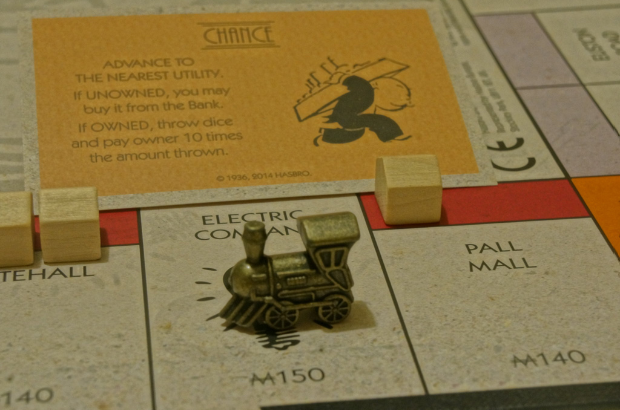
By: Claire Prihoda on
While many of us are still reeling from the sticker shock we received from our energy bills after last year’s extreme winter weather, a new round of rate increases is right around the corner. If you are anything like me, many of you are thinking about those bills as you debate whether to turn up the heat or bundle up.
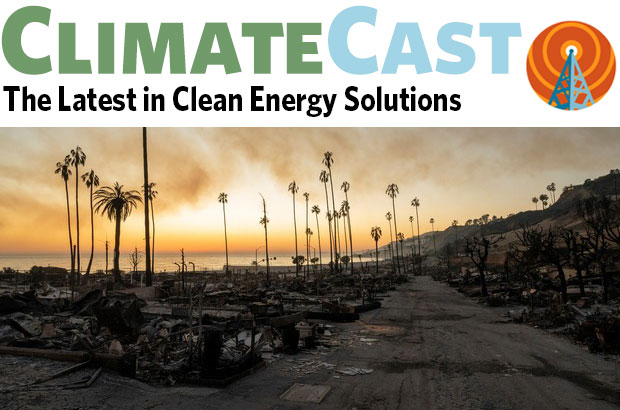
By: Juan M. Muñoz Jiménez on
LA County wildfires and the future of insurance, Junk fees can be employed by utilities for higher energy bills, and The fire this time: Climate leadership under Trump 2.0

By: Claire Prihoda on
The Oregon Public Utility Commission (PUC) recently delivered a significant victory for utility customers and the climate, requiring NW Natural Gas to end the charging of customers to subsidize fossil fuel expansion.
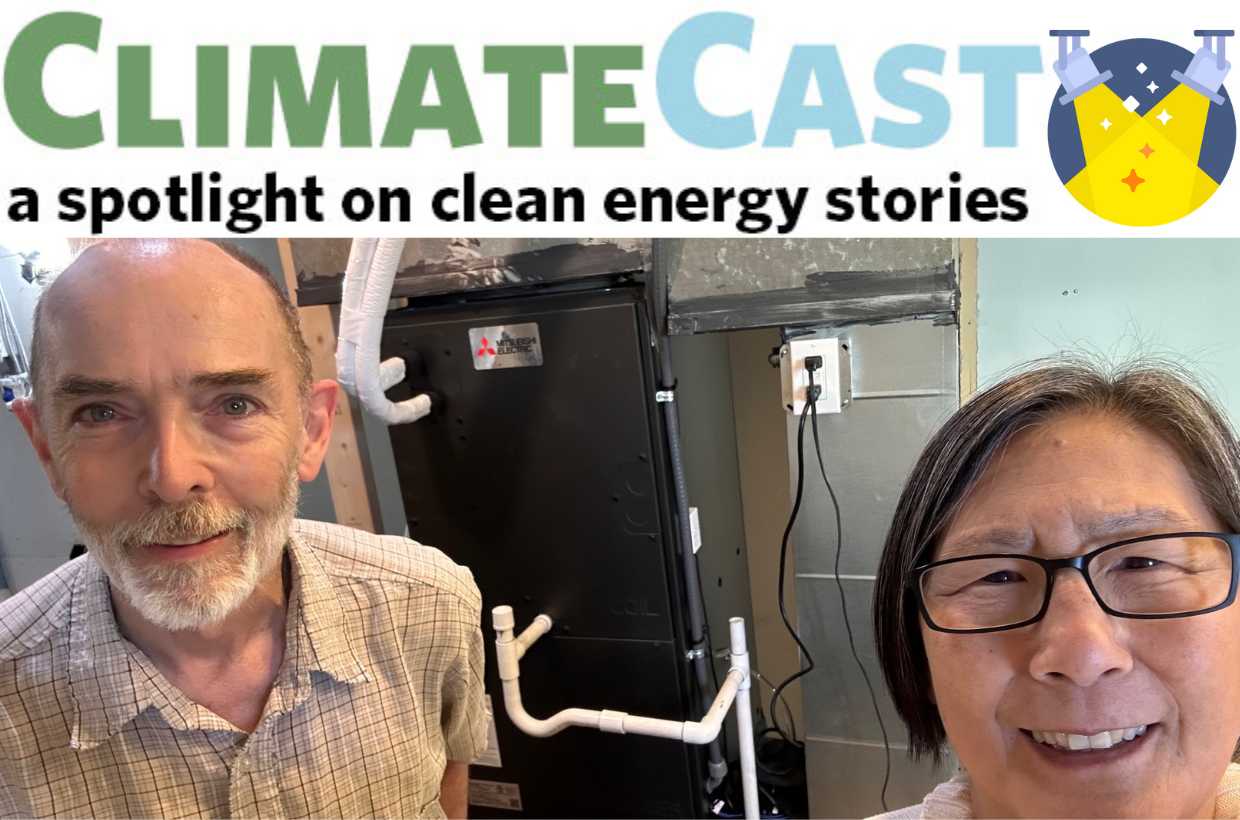
By: Jonathan Lee on
Between several state and local clean energy incentives and heat pump rebate programs, Stella saved over $6,000 by replacing her oil furnace with an electric heat pump. However, clean energy success stories like Stella’s would be endangered if Initiative 2066 passes in Washington.

By: Joëlle Robinson on
We are spreading the word across the state to make sure people vote NO on I-2117 to protect our air and water, forests and farmland, jobs, and transportation investments. And NO on I-2066 to protect energy efficiency programs and keep energy costs from rising.
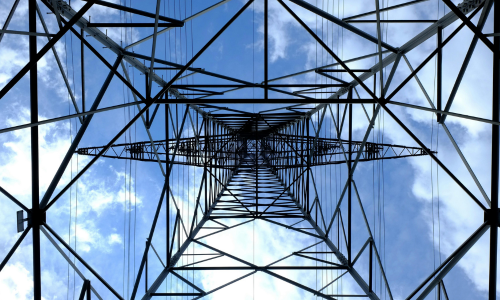
By: Joshua Basofin on
The way grids are operated—including building out transmission infrastructure in the necessary geographies where energy is needed, controlling flows, and handling electricity sales—is a critical piece of our clean energy transition.
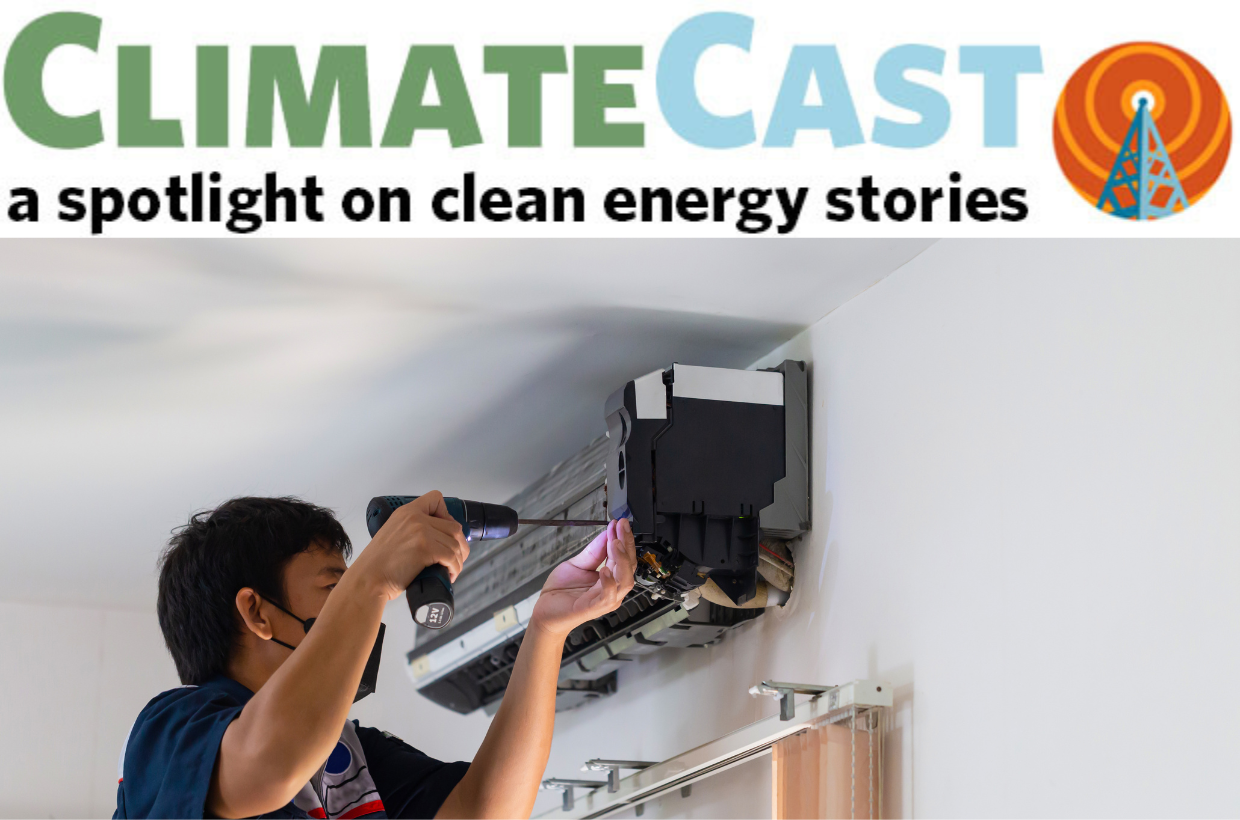
By: Jonathan Lee on
Amidst another extreme and record-breaking heat wave, affordable and energy-efficient cooling is essential for everyone. Electric heat pumps can make that happen.
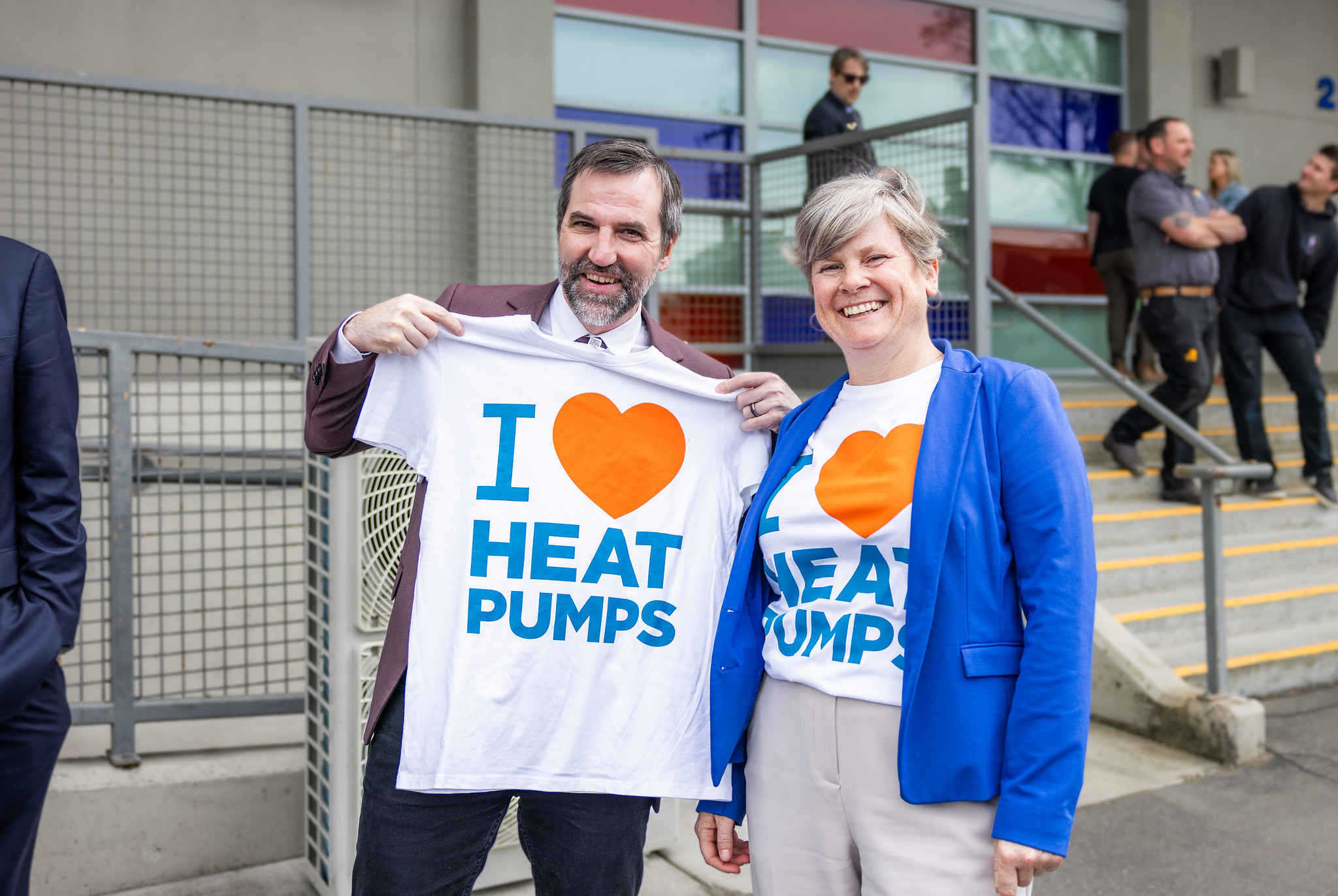
By: Claire Prihoda on
Heat pumps are an essential piece of the puzzle for meeting our climate and affordable housing goals. They both reduce climate emissions and provide long-term energy affordability for users.
Join our email list to learn about what we do and how to get involved.